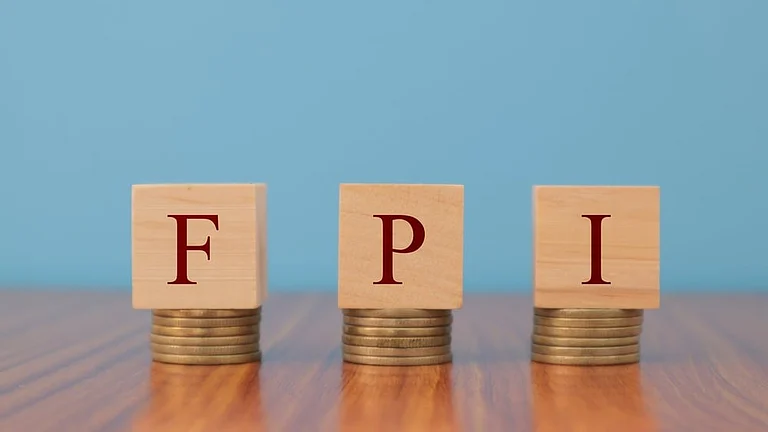How will India-Pakistan conflict influence investor sentiment towards India?
Whenever you have a flash point like this—a conflict or a war-like situation or border skirmishes—usually investors tend to get nervous.
So, whether we like it or not a conflict is something that investors are not happy about. It is in our interest to find a solution to this situation as early as possible because India's attractiveness as a destination for FDI [foreign direct investment] will be affected.
Of course, it is true that to the extent that this conflict is restricted to the Kashmir border investors understand that it will not spill out as a broader India-Pakistan conflict.
Here I must say that we need to constantly reiterate that this [conflict] was triggered by a terror attack. So, the first point is that India must be mindful of the fact that investors prefer to have conflict-free zones.
Any conflict causes investors discomfort. Since India needs sustained and high levels of foreign investments it is important that we keep the conflict circumscribed, focused and resolved quickly.
What will be the impact of this conflict on the Indian economy? Will it affect foreign trade?
Only 5% of India's foreign trade is with its immediate neighbours, which are Bangladesh, Sri Lanka or Pakistan. To that extent we are not affected as much but there is disruption in air routes and sometimes sea routes too.
But in general, trading with the rest of the world will remain unaffected. However, hostilities and conflicts put a higher economic burden.
India is trying to increase its defence budget as a percentage of GDP. We are trying to decrease our import dependence on weapons systems and military hardware. To that extent it puts pressure on our fiscal situation.
I would say we need something like 2% of GDP as our FDI every year. And as I said earlier FDI investors usually do not like conflict zones.
It is in our interest to resolve it quickly. And it is in our interest to also keep the narrative focused on the terrorism angle not Indo-Pak hostilities.
Did India agree to a ceasefire because of US intervention, as bilateral trade agreement talks are going on between India and the US?
I don't know whether that was the only pressure that worked. As I said, it is in India's interest to de-escalate because we wanted to keep it very focused and sharp and confined to attacking the terrorist hideouts. Not trying to make it linger and extend beyond those four days was in India's interest.
And will trade agreements or trade negotiations be affected because of this [Operation Sindoor]? I don't think so. But of course, President Donald Trump prefers that a quick ceasefire is implemented. But how much of it was because of their mediation I don't know.
There was a kind of a hidden message from President Trump that if you guys don't agree to a ceasefire, we will stop trading with you. Well, that's okay because that just shows that the US is interested in quick resolution and peaceful return to peace on the border. But whether this ceasefire happened only because of him I am not so sure.
Given rising tensions with countries like China and Turkiye following the Indo-Pak conflict, do you see India’s trade relations with other nations being impacted as well?
There has been a response, especially when it comes to Turkiye. Some universities are reconsidering their MoUs [memorandums of understanding] that they have signed.
There is a partnership agreement signed by Indigo Airlines with Turkish Airlines, which is being re-examined. Some other commercial agreements with Turkish companies are also being looked at. The Turkish subsidiary providing services to many airports in India, with nearly 10,000 employees was asked to shut down operations.
Beyond Turkiye I don't think any other country has been imposed punitive actions by India. In terms of a broader context it underscores the importance of India to develop domestic capability when it comes to defence resources and also domestic economic strength.
That is a medium-term agenda that if it is a strong country then it is just more resilient and less dependent on foreign support to its military activities.
And the fact is that if some countries have shown support for Pakistan, then India cannot depend on those countries for their support. The US has been kind of neutral, but US planes are being used by the Pakistanis.
Chinese equipment is being used by the Pakistanis. India has used Russian equipment. But these are all long-standing arrangements of defence supplies. It just underscores the importance of developing greater self-dependence when it comes to military resources.
International trade is important to India as it is an essential part of sustaining strong and inclusive growth, and strengthening the economy.












